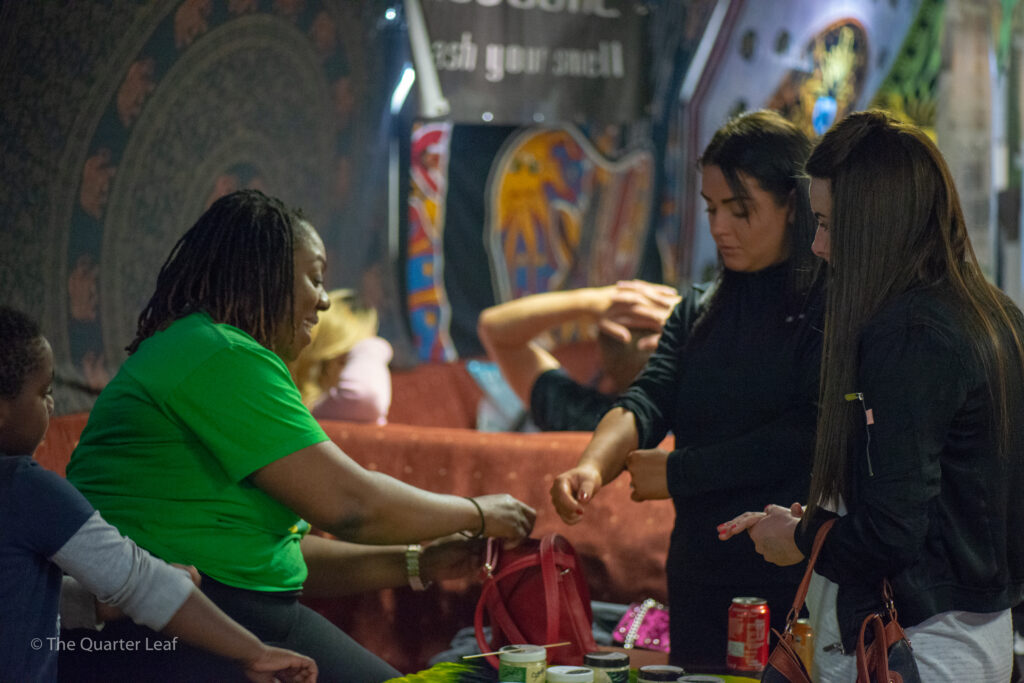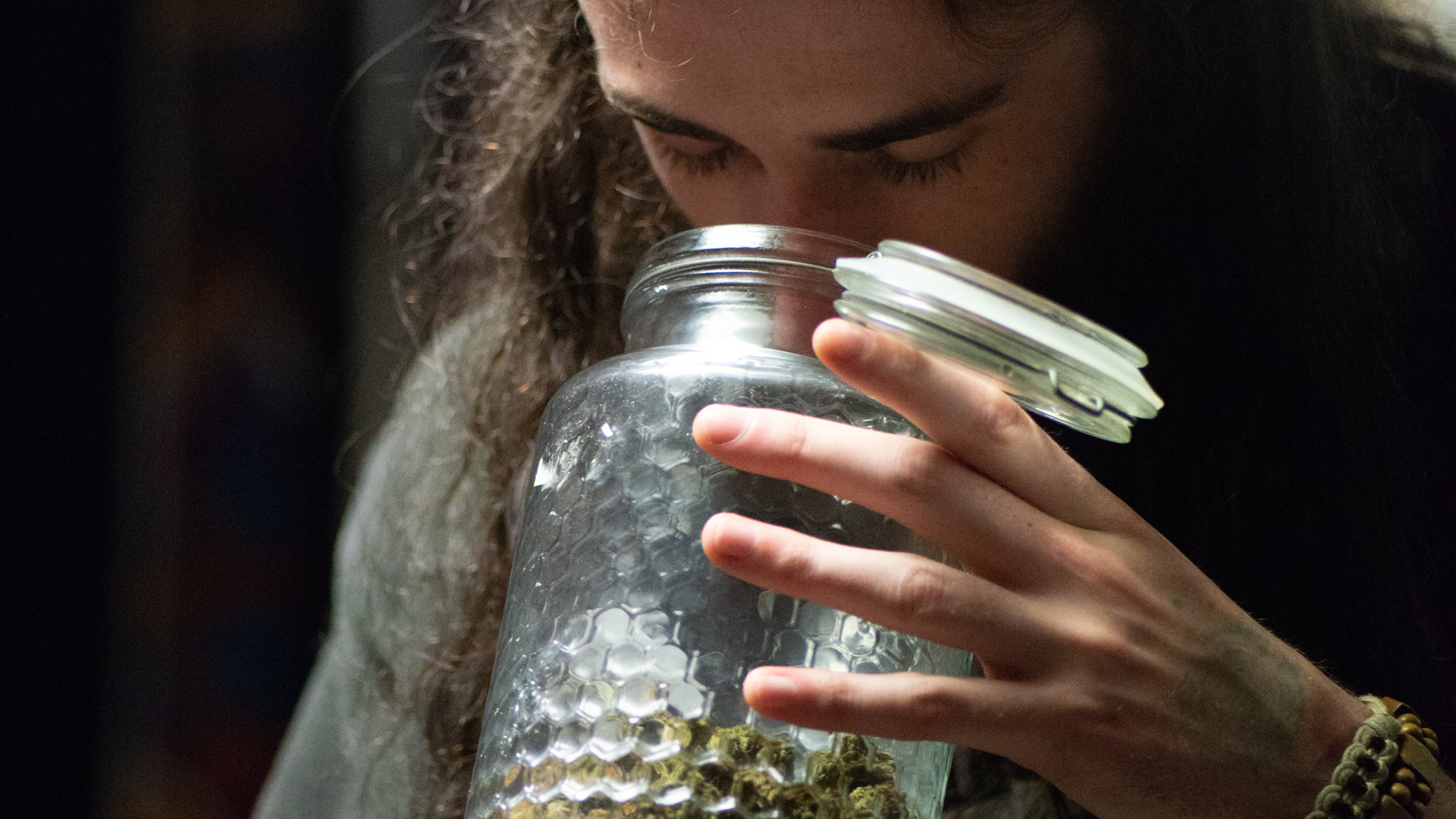The UK’s untapped cannabis market is one of the biggest in Europe, worth around £2billion a year. Germany has recently legalised adult cannabis sales through cannabis social clubs with the right to grow at home, but commercial sales are still prohibited.
Cannabis Social Clubs are an initiative set up with the ethos of non-profit membership associations. The principal is simple. Clubs sign up members and produce cannabis to meet the total supply needs of the memberships. This is done by members growing cannabis and making it available to the members through the club or the club cultivating cannabis for its members, but is usually a mixture of the two supply routes. CSC’s work to provide solutions to the issues caused by prohibition, and they do so by taking the humanist approach. No one is getting rich off of the clubs’ activity, staff are paid for their time as with any other job, but profits are put back into the club to improve hospitality for its limited membership.
Different models of legalised cannabis markets exist and are increasing. With each nation that choses to legalise and legislate cannabis sales for adults, new issues are addressed based on the different laws and morals those countries operate by. In US states there is a corporate retail shop model with high taxation, and you may or may not be able to grow your own depending on what state you live. In Canada, there is a federally controlled industry with high taxation.
The big issue in these jurisdictions however is they have largely failed to address one of the most fundamental components of cannabis legalisation: that of socialising.

Cannabis Social Clubs are not up for grabs
The UK has been home to cannabis social clubs since 2011 where they started as community groups looking to improve the situation for cannabis consumers and patients. As global legalisation progress has continued to move forward and the UK has still not decriminalised, it leaves many people who sell cannabis and have aspirations of running cannabis businesses open to looking for new avenues and models to sell their cannabis products under. This has inevitably led to people exploiting the nature of the cannabis social club model and repurposing it as a private for profit business operating to sell as much product to as many people as possible. This divergence from the original cannabis social club model causes a butterfly effect, whereby the needs of the community are overshadowed by an individual’s desire to make a profit.
The side effect and negative consequence of privately owned clubs that are driven by profit is that it leaves the door open for commercial and corporate based companies to enter the cannabis social clubs community and push out the home growers in place of selling mass-produced cannabis.
Members who grow cannabis that is supplied through clubs are still paid for their work, and allowing corporate commercial cannabis companies to sell their cannabis in clubs is only going to harm these producers and impact their livelihoods.
Seeing corporate conglomerates owning the products we use and the places we use them would be a great loss to the community and society. Maintaining a small scale and craft industry will benefit more people by allowing them to run clubs and cannabis brands and create more choice and diversity in the market. It would also emulate the current cannabis market of today, which works well.
Cannabis Social Clubs as non-profit private membership clubs operate within the framework of the UN Single Convention on Narcotic Drugs simply because supply follows demand and not the other way around.
Whilst many of us agree, cannabis should not be scheduled at all, the UK is a signature nation of the 1961 convention, and it would be unlikely that if we were to take steps forward to take the trade out of the hands of organised crime, lawmakers would take this into consideration. This is essentially why Germany has taken the steps it has rather than going full on Canada style. It should be noted that Canada went and did it anyway…and no sanctions were imposed on them, but they did not have the EU standing in their way as an extra line of defence.

Stay true to your roots
Today, medical cannabis clinics are denouncing the use of cannabis for recreational purposes but at the same time are approaching cannabis social clubs and asking them to divert their members to become legal patients and have commercial cannabis prescribed to them. They even offer a finders fee. Clubs are being told by the clinics that the sooner the UK has more patients, the sooner we will have legal cannabis for all. The truth is, the reason clinics don’t have more than 40,000 patients between 40 clinics is because many people leave them due to poor quality cannabis that is more expensive than their traditional club supply or black market dealer. Patients often wait up to a month for their medication to be delivered, when instead they could have something within the day.
At the UKCSC we would argue, the more support we get from clinics and the public for the right to grow and for police support for clubs, the sooner adults will be able to grow buy and sell cannabis legally. Handing over your membership to a private business is not going to help you. Selling Cookies through the clubs is not going to help the clubs, and it’s not going to help UK cannabis producers get the credit they deserve.
It may seem like the easy road to go down to let the clinics take over and do all the work, but will you like the result at the end of it? Probably not. Will people still run clubs the way they think they should be run even if we end up with medical only or commercial clubs? Yes, without a doubt. So, it seems reasonable to support the model we want from the start and speak up about the problems we foresee with a corporate cannabis vying to take over the cannabis social clubs.




